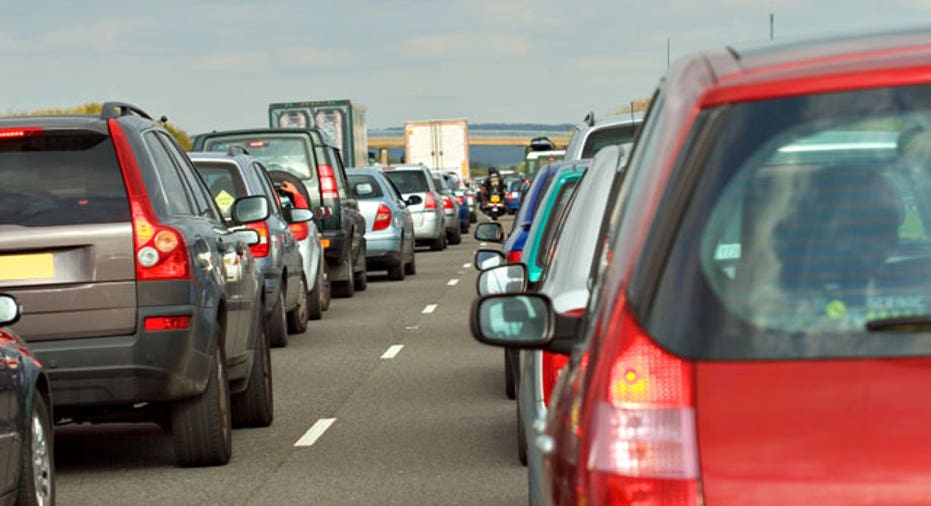Free Money? Pocketing Insurance Claims Cash vs. Making Repairs

You've had a car accident and you're relieved to find that the damage to your vehicle is only cosmetic.
When the check for repairs arrives from the insurance company, you're tempted to deposit it in your checking account and use the money for more pressing needs, like your daughter's new braces or a well-deserved weekend getaway.
Could you? Should you? Let's look at the possible consequences.
Cash out, baby!
As long as the check is made out to you, it is your choice whether to "cash out," as the practice is called, or repair the car, says Dan Young, senior vice president of insurance relations for CARSTAR, the largest collision-repair network in North America.
However, sometimes insurance checks are made out directly to body shops or, if you're financing the car, to both you and your lender. If you are leasing, the check might be made out to you and your leasing company.
Here's more on who gets the claims-payment check.
Even if you're able to cash out, opinions differ on whether it's a wise move.
Dean Baker, co-director of the Center for Economic and Policy Research in Washington, D.C., says it could be "a smart thing to do" if the dents and dings are minor and they don't bother you.
"I had a car that got damaged in a hail storm and it was an old car," Baker says. "I wasn't going to spend the insurance money I got to fix it. I wasn't expecting to keep the car long and I didn't really care what it looked like."
The car had little resale value, so a few more dings weren't going to make much of a difference at trade time, he says.
Wait, you might regret it!
Others warn that a decision to cash out and skip the repairs can come back to haunt you.
Safety is a big concern for unrepaired cars, Young says. The damage from your accident may not look that bad, but there could be trouble with the brakes or the wheels or even the engine that you can't see. If you continue to drive the unrepaired car, it may make the problems worse.
According to a 2011 report in Edmunds' AutoObserver.com, the economic hard times brought on by the current recession has led many motorists to delay auto repairs, making their cars potentially unsafe to drive.
Young observes that cashing out is becoming less popular. Because the economy is picking up, "I don't think it's as prevalent now as it was in 2009, 2010."
Want a good reason to repair your car as soon as you get the check? Some of the damage may not be visible to your claims adjuster. When the body shop starts working on your car, it might find more problems. Your insurance policy typically will pay for any additional damage that's revealed. However, if you delay repairs, your insurer may doubt the true cause of structural or mechanical problems.
Think ahead
Don't expect your insurance company to pay for the additional repairs later on if you can't prove the damage occurred due to the accident, says Jim Klapthor, a spokesperson for Allstate Insurance Co. "I don't see any economic benefit to having your car damaged, filing a claim, receiving a check to fix it, and then not repairing it," he says.
For example, it could be that your wheel assembly was damaged and no one noticed, but continuing to drive the car caused you to ruin the front end. In such cases, your insurance company can say "no" to the additional cost of the repairs.
What if you have another accident and the same area of your car is damaged? Your insurance company is going to try to determine what part of the damage was from the first accident, Klapthor says. It's not going to pay you for the same damage twice.
The original article can be found at Insure.com:Free money? Pocketing auto insurance claims cash rather than making repairs



















